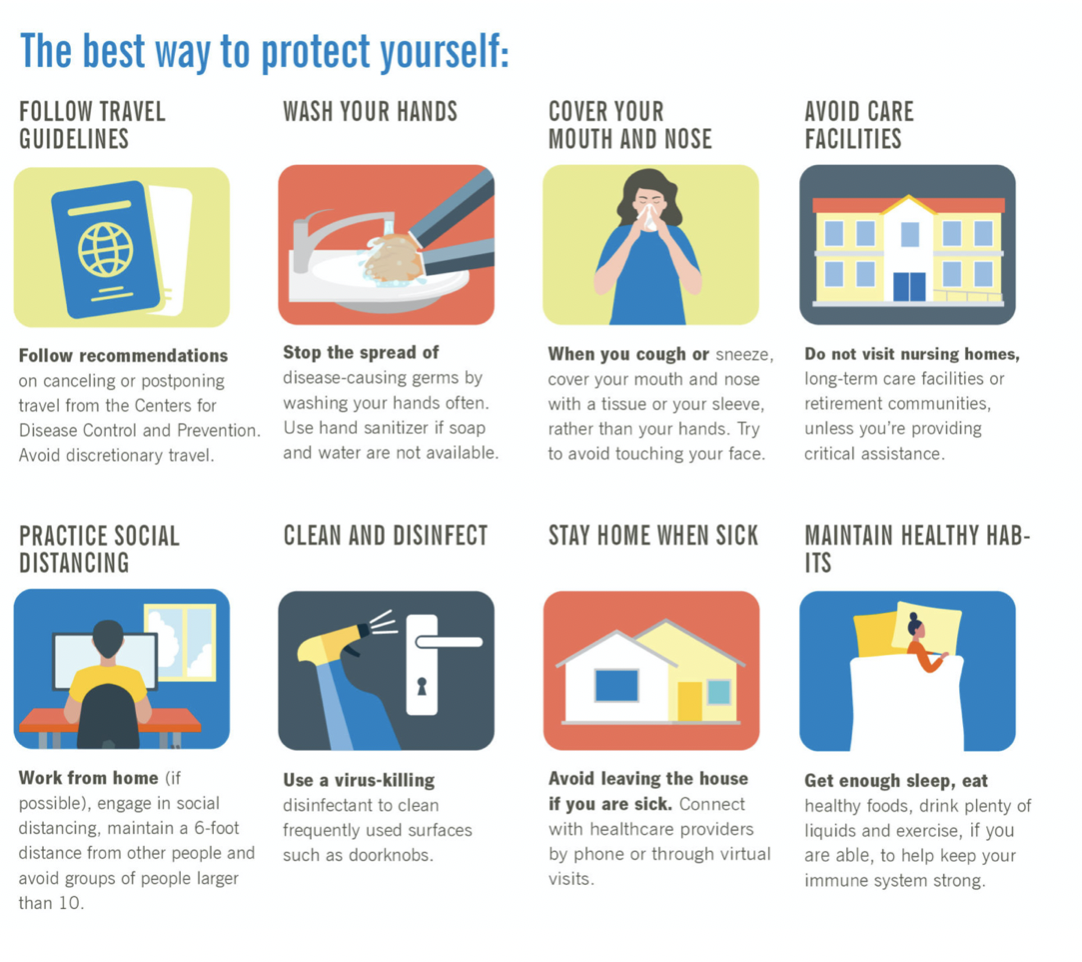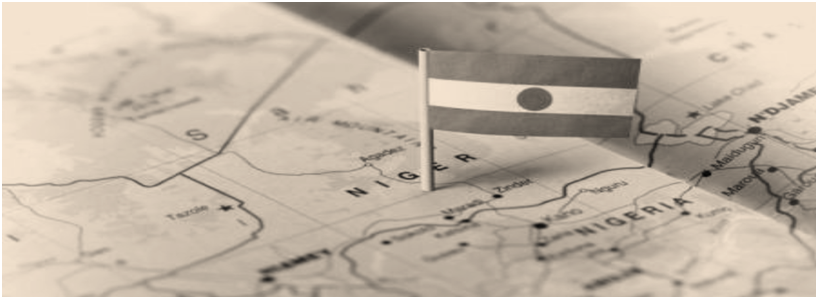
Weekly Highlights
- COVID-19: Niger maintains its position regarding treatment with chloroquine (Minister of Health)
- Niger lost $120 million in arms deals over three years: government audit
- Germany and WFP expand their multi-year partnership to empower resilient communities in Niger
- Niger passes new wire-tapping law on fighting militants
- Niger exchange rate – Exchange rates West African CFA franc – USD = 588.719 XOF XOF= 0.00169860 USD
EXECUTIVE SUMMARY
COVID-19: Niger maintains its position regarding treatment with chloroquine (Minister of Health)
The Minister of Public Health, Dr. Idi Illiassou Mainassara, announced before the Parliament this Saturday May 30, 2020 that Niger maintains its position concerning the treatment of the coronavirus based on chloroquine. This communication from the Minister in charge of Health follows a topical question addressed to him by the deputy Abdourahamane Oumarou concerning the position of Niger following the suspension of the World Health Organization (WHO) on trials hydroxychloroquine clinics. Giving his explanations, Minister Idi Illiassou Mainassara indicated that this decision was motivated by a study carried out by a committee of experts led by the rector of the University Abdou Moumouni of Niamey, to whom this question was asked and after together they made a proposal to the government to maintain this protocol, thanks to which Niger recorded 803 cases healed.
Niger lost $120 million in arms deals over three years: government audit
Almost 40% of the $312 million Niger spent on defence procurement contracts over the last three years was lost through inflated costs or materiel that was not delivered, according to a government audit of military contracts seen by Reuters. The deals for military vehicles, ammunition and attack helicopters were mainly signed with local contractors who then sourced from firms abroad, including Ukraine, France, Russia and China. Niger, an ally for France and the United States in the fight against Islamic State and al Qaeda-linked extremists in the Sahel, is one of the world’s poorest countries but has ramped up military spending in the last few years. Hundreds of Nigerien troops have been killed in fighting and soldiers frequently complain about conditions on the frontline. The audit was handed to Niger’s top prosecutor in April, who said at the time those involved would be held accountable. The government spokesman referred Reuters to the prosecutor for comment.
Germany and WFP expand their multi-year partnership to empower resilient communities in Niger
The World Food Programme in Niger welcomes an additional €24 million contribution from Germany to scale-up resilience building at a time when Niger is facing the socio-economic impacts of the COVID-19 health pandemic on food security and nutrition of vulnerable rural and urban families. Niger continues to face chronic vulnerabilities caused mainly by poverty, regional insecurity, demographic pressure, economic and climatic shocks, chronic food insecurity, and persistent gender inequalities. About 6.8 million people, representing one third of Niger’s population, are recurrently food insecure and struggle to nourish themselves and their families. “Germany’s support is a demonstration of a long-term engagement to improve livelihoods and improve people’s food insecurity and nutrition in Niger, and to invest in equipping communities with the right set of means to be able to withstand shocks”, said Sory Ouane, WFP Country Director and Representative in Niger.
Niger passes new wire-tapping law on fighting militants
Niger´s parliament brushed off an opposition protest walkout on Friday to adopt new legislation authorising wiretapping as a means of curbing “terrorism and transnational criminality”. The new law permits “research of information” which notably may “threaten state security” or “prevent the fight against terrorism and organised transnational crime” in a country large swathes of which are in thrall to jihadist conflict. Opposition parties are concerned that the country´s constitution holds that “secrecy of correspondence and of communications is inviolable”. Under the new law, “obtained proofs can be used in investigations and criminal prosecutions initiated by judicial authorities, “with communications intercepted by “competent technical services” who will target “any person against whom there are serious reasons” to proceed.
USEFUL INFORMATION
List of holidays in Niger 2020

Exchange rates West African CFA franc
According to our most recent information (01st June 2020) the West African CFA franc has the following exchange rates.
The exchange rate from your own bank or credit card company will differ somewhat from the exchange rates as mentioned above. Your bank or credit card company might also apply additional international charges.
| USD = 588.719 XOF | XOF= 0.00169860 USD |
| EUR = 655.957 XOF | XOF= 0.00152449 EUR |
| **As at 01 June 2020 |
NIGER SECURITY & RISK LEVELS
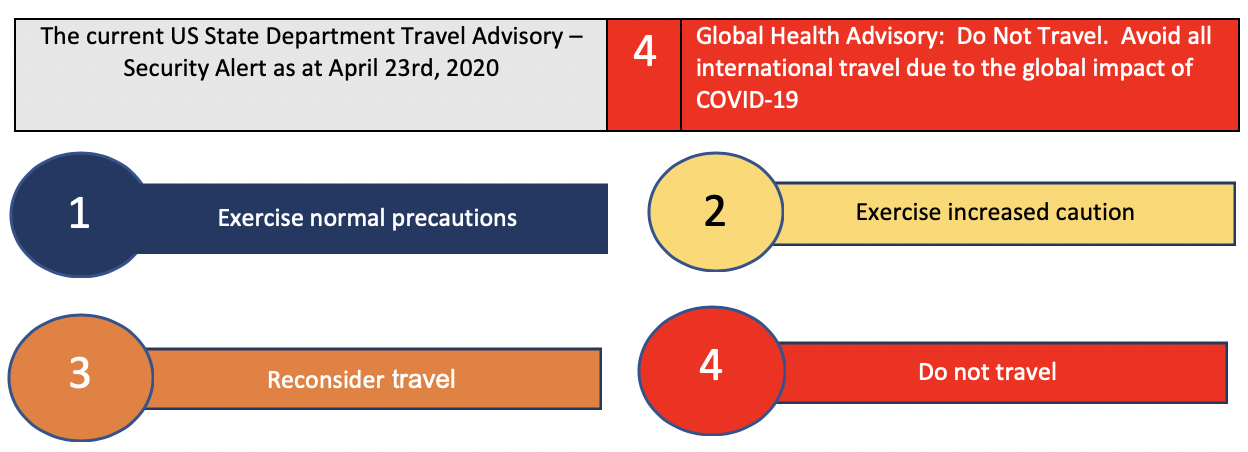
Event: The purpose of this notice is to remind everyone to increase personal awareness during Ramadan.
As with other religious events, terror groups sometimes attach symbolism to this special time and choose holidays to conduct attacks. Whenever possible, the Embassy recommends avoiding exposure to places where westerners frequently congregate such as certain restaurants and grocery stores. Be particularly vigilant around places of worship, locations where large crowds may gather, and government facilities.
Everyone should be aware that additional traffic accidents usually take place at sunset, around 1915 in the evening, as commuters rush home to break the fast.
International citizens to exercise caution as demonstrations can occur suddenly anywhere throughout the city. If you see a crowd forming, do not attempt to drive through it. Leave the area and use an alternate route.
International citizens in Niger should:
- Abide by the curfew and stay indoors between 9 p.m. and 5 a.m., if in Niamey.
- Avoid any areas with demonstrations.
- Review your personal security plans.
- Be aware of your surroundings.
- Monitor local media for updates.
Global Health Advisory
The Department of State advises U.S. citizens to avoid all international travel due to the global impact of COVID-19. In countries where commercial departure options remain available, U.S. citizens who live in the United States should arrange for immediate return to the United States, unless they are prepared to remain abroad for an indefinite period.
At present the Department of State is making every effort to assist U.S. citizens overseas who wish to return to the United States. As the Covid-19 situation develops, our ability to provide such assistance working with commercial airlines or arranging for evacuation flights may become more limited or even unavailable. In recent weeks, commercial airlines have significantly reduced flight schedules and countries have closed airports and borders with little advance notice. If you wish to return to the United States, you should make arrangements to do so now and contact the nearest U.S. Embassy or Consulate for assistance as needed. There is no guarantee that the Department of State will be able to continue to provide repatriation assistance and transportation options to the United States may be unavailable in the future. If you choose to remain overseas, you should be prepared to remain where you are for the foreseeable future.
U.S. citizens who live abroad should avoid all international travel. Many countries are experiencing COVID-19 outbreaks and implementing travel restrictions and mandatory quarantines, closing borders, and prohibiting non-citizens from entry with little advance notice. Airlines have cancelled many international flights and several cruise operators have suspended operations or cancelled trips. If you choose to travel internationally, your travel plans may be severely disrupted, and you may be forced to remain outside of the United States for an indefinite timeframe. For further information: COVID-19 Traveler Information
On March 14, the Department of State authorized the departure of U.S. personnel and family members from any diplomatic or consular post in the world who have determined they are at higher risk of a poor outcome if exposed to COVID-19 or who have requested departure based on a commensurate justification. These departures may limit the ability of U.S. Embassies and consulates to provide services to U.S. citizens.
If you decide to travel abroad or are already outside the United States:
- Consider returning to your country of residence immediately using whatever commercial means are available.
- Have a travel plan that does not rely on the U.S. Government for assistance.
- Review and follow the CDC’s guidelines for the prevention of coronavirus.
- Check with your airline, cruise lines, or travel operators regarding any updated information about your travel plans and/or restrictions.

NIGER INCIDENT MAPPING
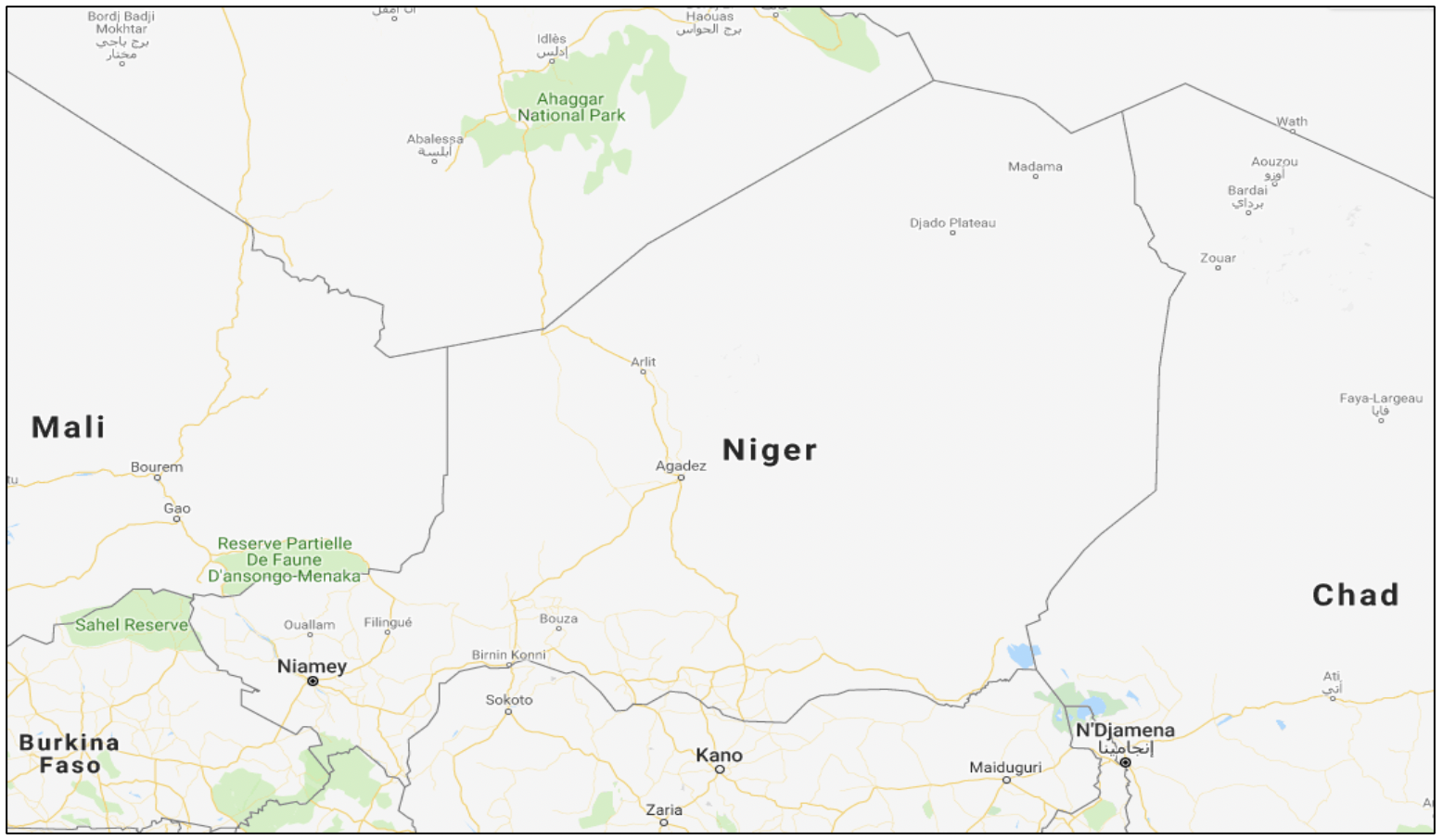
No incidents reported during this period.
Niger lost $120 minimum in arms deals over three years – Gov’t audit
Almost 40% of the $312 million Niger spent on defence procurement contracts over the last three years was lost through inflated costs or materiel that was not delivered, according to a government audit of military contracts seen by Reuters. The deals for military vehicles, ammunition and attack helicopters were mainly signed with local contractors who then sourced from firms abroad, including Ukraine, France, Russia and China.
Niger, an ally for France and the United States in the fight against Islamic State and al Qaeda-linked extremists in the Sahel, is one of the world’s poorest countries but has ramped up military spending in the last few years.
Hundreds of Nigerien troops have been killed in fighting and soldiers frequently complain about conditions on the frontline. The audit was handed to Niger’s top prosecutor in April, who said at the time those involved would be held accountable. The government spokesman referred Reuters to the prosecutor for comment. The audit, which reviewed 177 contracts struck between 2017 and 2019, concluded the state had lost a total of 71.8 billion CFA ($120 million) from a total spending of 185.9 billion CFA. “The suppliers unanimously recognised the accusations that were made against them,” the report said, adding that public officials who were in charge of the procedures were also to be blamed. The report found numerous cases of unfair and fictitious competition. In one case, three companies belonging to the same supplier competed against each other for the same contract. “By giving the illusion of competition, the supplier imposed the price by disqualifying the fake competitors that he had chosen himself,” it said. A provisional report, completed in February, found that a total of 76.1 billion CFA had been lost. However, this final report includes further evidence and the cross-questioning of suppliers, who provided further explanations on the contracts. Niger is one of the poorest countries in the world with a GDP of around $9 billion, according to the World Bank.
Niger adopts new wire-tapping legislation on curbing ‘terrorism’
Niger’s parliament has passed legislation authorising wiretapping as a means of curbing “terrorism and transnational criminality” despite criticism from the opposition. The law adopted on Friday allows “research of information” which notably may “threaten state security” or “prevent the fight against terrorism and organised transnational crime”.
It was passed despite an opposition protest walkout over concerns that it undermines the country’s constitution which holds that “secrecy of correspondence and of communications is inviolable”. An opposition statement decried “the will of those in power to deprive Nigeriens … of all privacy in their communications”. It added “this law will allow surveillance of all Nigeriens, as well as all those who live in Niger under the false pretexts” of maintaining security and fighting “terrorism”. Barkai Issouf, the minister overseeing relations with institutions, insisted that “this law is not a threat to liberty. It is indispensable and emanates from the government’s wish to secure our people”.
POLITICAL OVERVIEW

The Embassy of Benin in Niger will close its doors definitively on July 31. A decision that follows President Patrice Talon’s promise to redesign the country’s diplomatic map through a drastic reduction in its diplomatic missions abroad, the operating cost of which is deemed too expensive. In a letter he sent on May 26 to the president of the Rally of Beninese nationals in Niger, Benin’s ambassador to Niger, Noël Koumba Koussey, confirmed the closure of the embassy in Niamey on July 31. According to the Beninese diplomat, this decision is part of the reorganization of the diplomatic map of Benin and which will result in a reduction in its diplomatic representations in the world. The process that has been underway since 2016 in the aftermath of the advent of President Talon’s “Breakup” regime has already affected several countries.
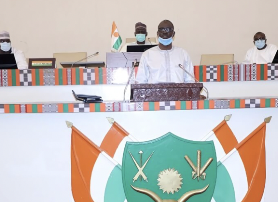
In the absence of opposition deputies, members of the parliamentary majority have just adopted the bill on the interception of certain communications transmitted electronically in Niger. Much contested by the opposition, civil society and international human rights organizations, the text presented by the government received 104 favorable votes out of the 171 deputies in the National Assembly. It is not surprising and as a letter to the post that the bill was adopted by the deputies this Friday May 29, 2020. In the absence of the deputies of the opposition, their counterparts of the majority voted in favor text with 104 votes, out of the 171 deputies in the National Assembly. During the examination of the text, the Minister of Justice, Marou Amadou, explained that “this law only aims to track down those of Nigeriens or foreigners who will attack the security of the State and the national unity, national defense and territorial integrity, preventing and combating terrorism and transnational organized crime ”.
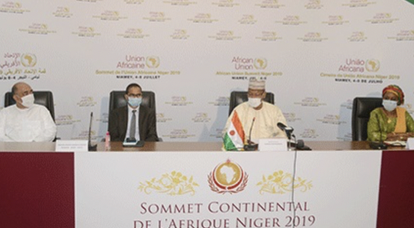
The Minister of Finance, Mr. Mamadou Diop, proceeded yesterday morning to launch the work of the Management Committee responsible for the implementation of the Framework Agreement for Partnership between the State of Niger and the Professional Association of Banks and Financial institutions. The launch of the works recorded the participation of executives from the Ministry of Finance, the representative of the Professional Association of Banks and Financial Establishments as well as the president of the Chamber of Commerce and Industry, and guests. While speaking on this occasion, the Minister of Finance, Mr. Mamadou Diop, first recalled having signed on May 19, the Framework Agreement with a view to setting up a financing mechanism in the amount of 150 billion FCFA to support companies affected by the COVID-19 pandemic.
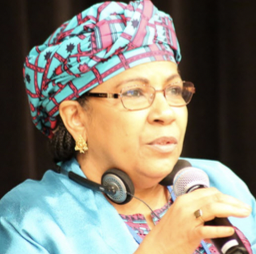
False information purposely propagated circulates on social networks announcing the resignation of the Minister of Planning, Mrs. Kané Aichatou Boulama. It is not, it is only stainless steel. Faithful to our habit, after verification, Tamtam info notes, on the one hand, that the Minister Madame Kané Aichatou Boulama is not on the national territory and that despite this absence from the national territory, she fully accomplishes her missions as Minister of Planning for Niger and that Minister Madame Kané Aichatou Boulama enjoys the full confidence of the President of the Republic, His Excellency Monsieur Issoufou Mahamadou.
MEDICAL REQUIREMENTS AND INFORMATION
Vaccinations required to enter the country
Proof of vaccination against yellow fever is required over one year of age entering the country. The government of Niger recommends vaccine for travelers departing Niger.
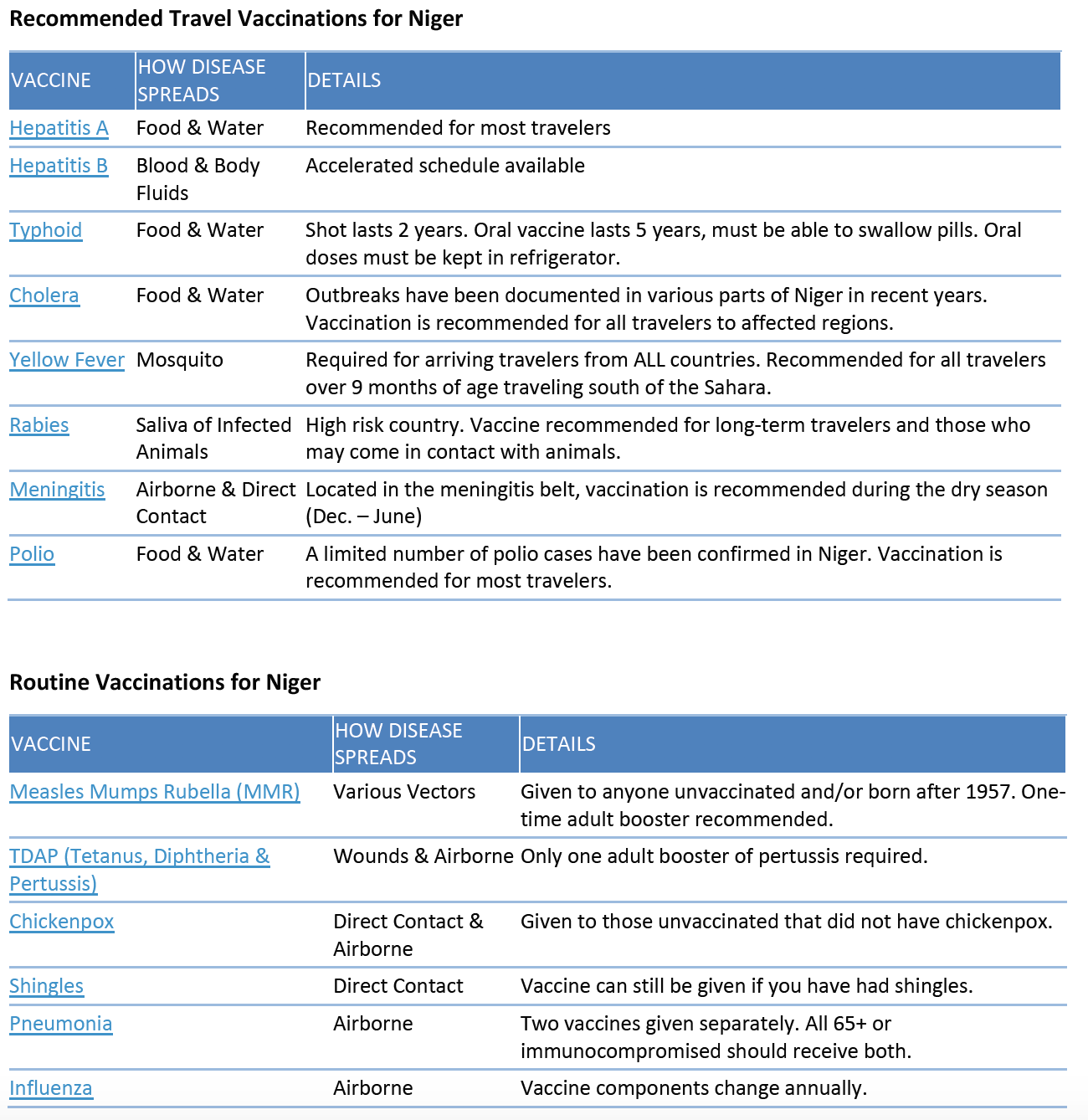
CORONAVIRUS DISEASE (COVID-19) ADVISE FOR THE PUBLIC
Protecting yourself and others from the spread COVID-19
You can reduce your chances of being infected or spreading COVID-19 by taking some simple precautions:
- Regularly and thoroughly clean your hands with an alcohol-based hand rub or wash them with soap and water. Why? Washing your hands with soap and water or using alcohol-based hand rub kills viruses that may be on your hands.
- Maintain at least 1-meter (3 feet) distance between yourself and others. Why? When someone coughs, sneezes, or speaks they spray small liquid droplets from their nose or mouth which may contain virus. If you are too close, you can breathe in the droplets, including the COVID-19 virus if the person has the disease.
- Avoid going to crowded places. Why? Where people come together in crowds, you are more likely to come into close contact with someone that has COIVD-19 and it is more difficult to maintain physical distance of 1 meter (3 feet).
- Avoid touching eyes, nose and mouth. Why? Hands touch many surfaces and can pick up viruses. Once contaminated, hands can transfer the virus to your eyes, nose or mouth. From there, the virus can enter your body and infect you.
- Make sure you, and the people around you, follow good respiratory hygiene. This means covering your mouth and nose with your bent elbow or tissue when you cough or sneeze. Then dispose of the used tissue immediately and wash your hands. Why? Droplets spread virus. By following good respiratory hygiene, you protect the people around you from viruses such as cold, flu and COVID-19.
- Stay home and self-isolate even with minor symptoms such as cough, headache, mild fever, until you recover. Have someone bring you supplies. If you need to leave your house, wear a mask to avoid infecting others. Why? Avoiding contact with others will protect them from possible COVID-19 and other viruses.
- If you have a fever, cough and difficulty breathing, seek medical attention, but call by telephone in advance if possible and follow the directions of your local health authority. Why? National and local authorities will have the most up to date information on the situation in your area. Calling in advance will allow your health care provider to quickly direct you to the right health facility. This will also protect you and help prevent spread of viruses and other infections.
- Keep up to date on the latest information from trusted sources, such as WHO or your local and national health authorities. Why? Local and national authorities are best placed to advise on what people in your area should be doing to protect themselves.
Advice on the safe use of alcohol-based hand sanitizers
To protect yourself and others against COVID-19, clean your hands frequently and thoroughly. Use alcohol-based hand sanitizer or wash your hands with soap and water. If you use an alcohol-based hand sanitizer, make sure you use and store it carefully.
- Keep alcohol-based hand sanitizers out of children’s reach. Teach them how to apply the sanitizer and monitor its use.
- Apply a coin-sized amount on your hands. There is no need to use a large amount of the product.
- Avoid touching your eyes, mouth and nose immediately after using an alcohol-based hand sanitizer, as it can cause irritation.
- Hand sanitizers recommended to protect against COVID-19 are alcohol-based and therefore can be flammable. Do not use before handling fire or cooking.
- Under no circumstance, drink or let children swallow an alcohol-based hand sanitizer. It can be poisonous.
- Remember that washing your hands with soap and water is also effective against COVID-19.
